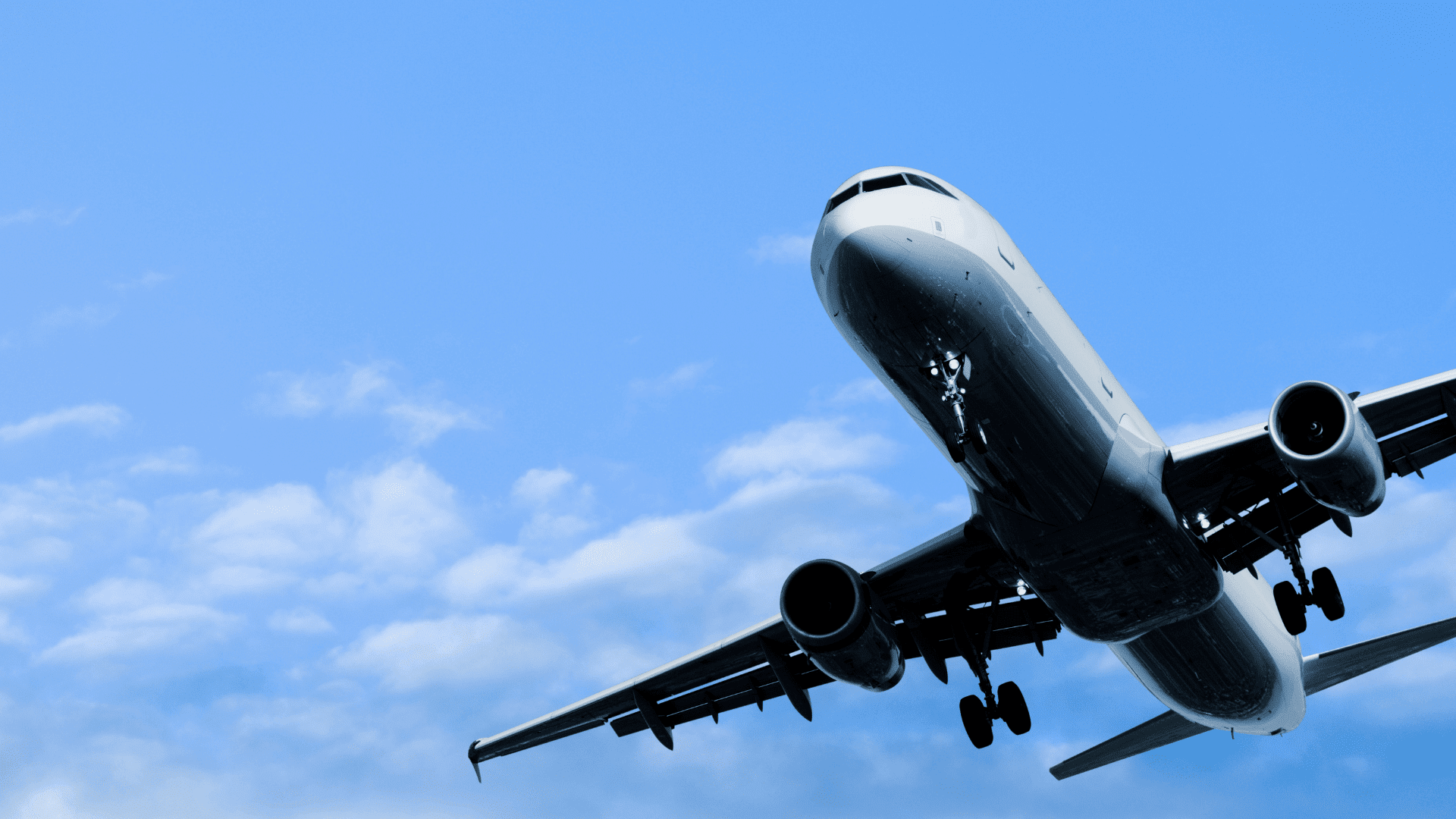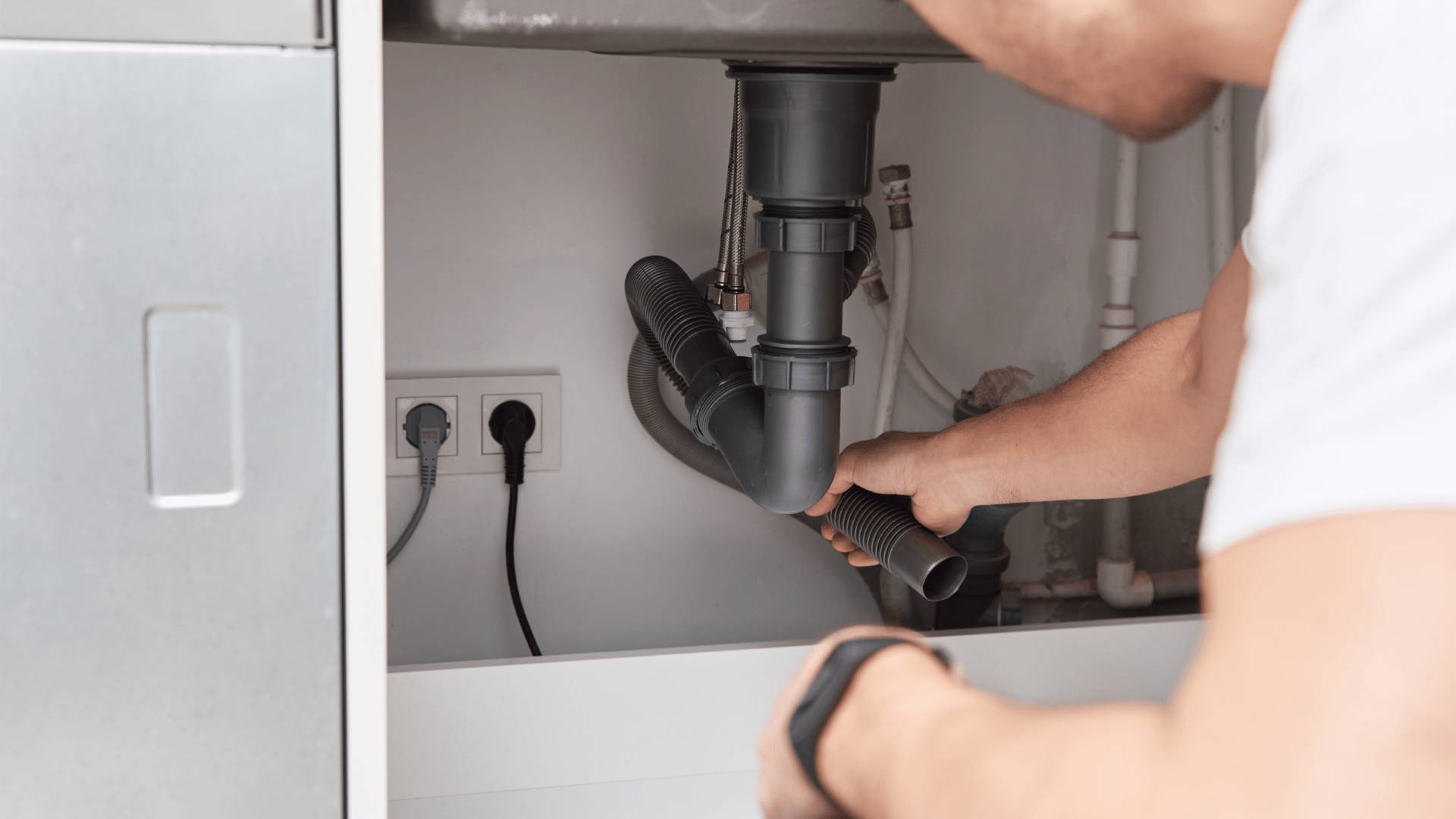According to commodity indices, commodities are the best-performing asset class this year, rising over 6% in the first half of 2018, with oil accounting for the majority of those gains. Airlines must now pay more for fuel due to the rise in oil prices, and this expense is typically passed on to customers in the form of higher fares and a reduction in the availability of cheap seats.
All airline firms are worried about how the recent spike in pump prices would impact the cost of the jet fuel price the Philippines utilizes in all aircraft. Recent months have seen an increase in oil prices due to ongoing supply problems and geopolitical unrest. The leading cause of increases in oil prices is the continuing conflict between Russia and Ukraine. Yet how? First, Russia is a primary provider of gas and oil to Europe. The US has threatened the Federation with penalties, including a prohibition on purchasing Russian oil and gas as Russia pushes farther into Ukraine. Because of this, the global market is in a frenzy, trying to stock up or find new suppliers.
Last but not least, the combination of high demand and insufficient supply raises the price of oil and gas on the global market. And even though we may not conduct business with Ukraine or Russia directly, the larger global market still affects us.
As the Philippine Airlines fuel surcharge, low-cost airlines in the Philippines claimed they were still looking for ways to reduce the impact of growing fuel costs on airfares, which has been made worse by the crisis between Russia and Ukraine. Philippine Airlines is carefully considering adopting a fuel surcharge cost should the scenario calls for it, but they also want to control any potential commercial impacts.
The airlines also stated that it is putting in place sales and marketing tactics to "avoid the need to raise rates at this time while we further investigate the consequences of the year-to-date changes in oil prices.
How does this affect the Airlines?
Jet fuel prices in the Philippines and diesel prices rise as a result of rising oil prices, and as fuel is one of the significant expenses for airlines, fuel prices are passed on to passengers in the form of higher air rates. The cost of jet fuel has increased by almost 30% since last year, which will adversely affect airline earnings expectations. Through revenue efforts, management teams try to recoup more significant input costs from consumers, which typically increases customer prices.
Will this Impact the Cost of Travel?
Since traveling in 2022 is a planned activity, most summer reservations were booked before fuel's most recent run-up. Last-minute bookers will undoubtedly notice the increase in summer airfares as a result of the Philippine airlines' fuel surcharge on gasoline prices because there isn't much that airlines can do to recover the additional expenses in the short term except by altering the pricing on available seats. After Labor Day, travelers should prepare for the industry to start adjusting for increasing gasoline costs by raising ticket prices and reducing capacity.
Customers shopping for inexpensive, last-minute seats will also be impacted when airlines lower the total number of seats available for sale and likely allocate the remaining seats to higher pricing.
Because of the skyrocketing cost of jet fuel, passenger fuel surcharges on domestic flights climbed from PHP45 to PHP171 (USD0.86 to USD3.27). While March 2020 and March 2019 to PHP108 to PHP411 (USD2.06 to USD7.86) in March 2022, according to CAB. In March 2022, passenger fuel surcharges for foreign flights increased from between PHP218 and PHO276 (USD4.16 and USD39.70). While in March 2020 and 2019, between PHP543 and PHO5,026 (USD10.38 and USD96,12).
When is the Right Time to Travel?
Traveling in 2022 might not be the best idea as the fuel demand and the cost and surcharge for airlines are high. As it evaluates its policies for charging passenger fuel surcharges, the Civil Aeronautics Board (CAB) predicts that airfares won't rise any higher in May. As a result, the Level 4 passenger fuel surcharge implemented in March and April will still be in place the following month. Under Level 4, fuel surcharge prices per person for domestic flights range from P108 to P411, and for international flights departing from the Philippines, they range from P543 to P5,026.
If you plan to take some time out of your condo living space and find adventure, you might want to know when is a good time to travel this year. Local and foreign airlines are permitted to impose fuel surcharge prices for the two-month period that are less than the stipulated amount if they want to compete with other carriers.
Airlines are now permitted to levy fuel surcharges under Level 7, the highest level in a fuel surcharge matrix accepted by the Civil Aeronautics Board, as of this month (CAB). In June, domestic flights would incur a fuel surcharge of between P201 to P769 per person under Level 7. This is more expensive than the fuel surcharge of P108 to P411 for domestic flights in May.
In June, the fuel surcharge per passenger for foreign flights leaving from the Philippines would be between P1,035 and P9,892. This contrasts with Philippine Airlines' P543 to P5,026 rate. As of the time of publication, the business has not replied to a request for comment. According to transportation expert Rene S. Santiago, the increased gasoline tax will undoubtedly impact passenger demand.
Even though the customary slow season lasts from June to November, Philippine Airlines is optimistic that more people will take to the skies as travel restrictions loosen. Bookings are still rising as customers are very interested in purchasing seats for the holiday season.
Those on the perimeter of lower to middle income will choose not to travel; those in Class A won't change their travel dates. If this has a negative impact on airlines' load factors, they may make a downward adjustment if the load factors are below breakeven. However, if you are tightly constrained by budget, you should monitor the fuel surcharge for now before planning to book a flight and take some vacation out from your busy schedule and condo living spaces.
For more information on Vista Residences, email info@vistaresidences.com.ph, follow @VistaResidencesOfficial on Facebook, Twitter, Instagram, and YouTube, or call the Marketing Office at 0999 886 4262 / 0917 582 5167.










